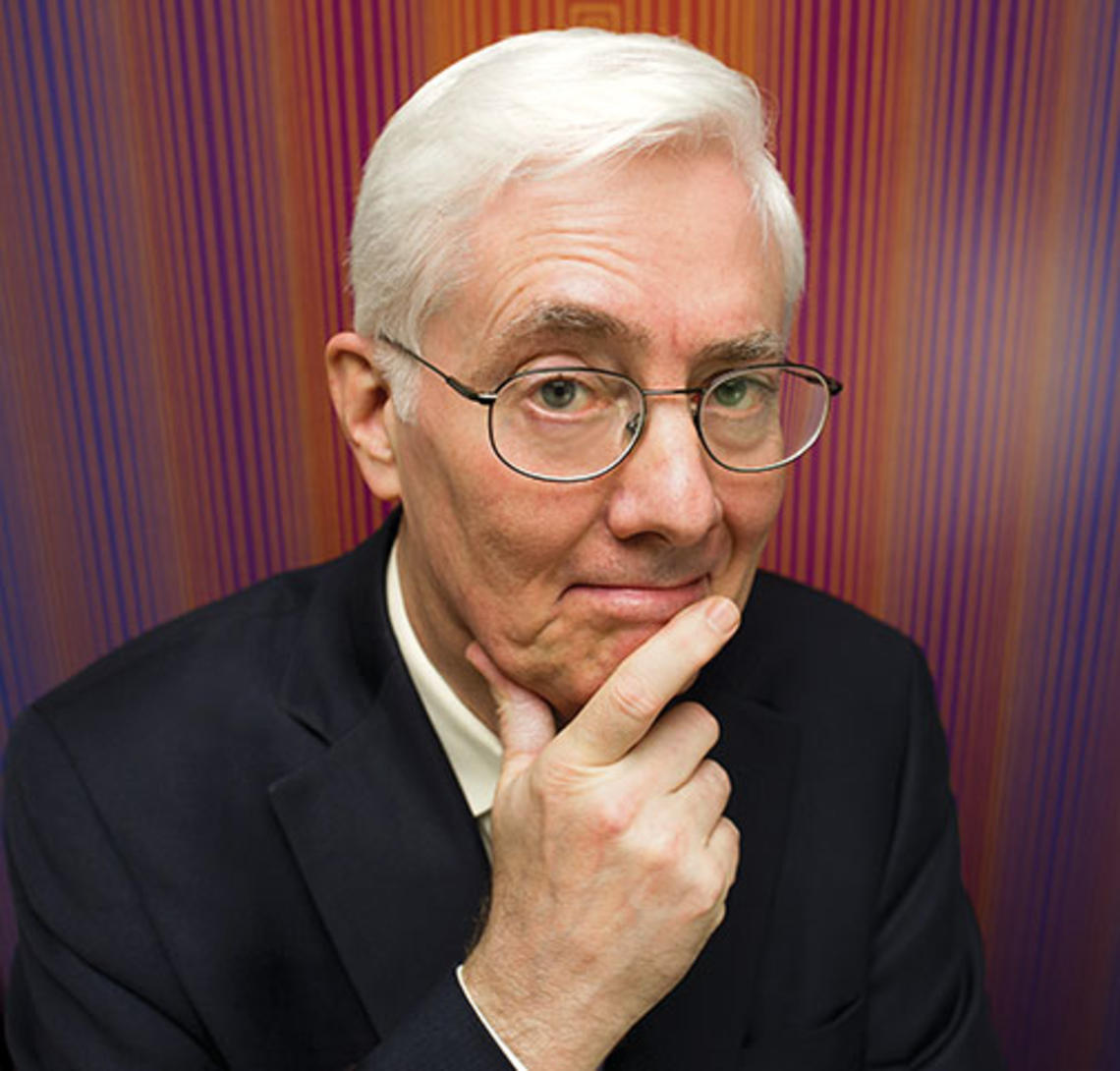Politics: Swaying Voters
Hazy thinking? Mangled facts? Those are what many use to rationalize how they vote

Next November, voters will go to the polls, thoughtfully assess the various candidates based on their track records and policy positions, and choose the ones whose views best match their own. Or will they? Christopher Achen, a professor of politics and social sciences, has found that voters’ choices are determined by many factors, but thoughtful consideration often isn’t one of them. Voters rationalize their picks afterward with hazy thinking and mangled facts, and retroactively fit their views of a candidate to match their longstanding beliefs, he says.
Achen and professor emeritus Larry Bartels have found that voters often select politicians based on their own loyalties to political party, religious belief, or racial identity, and justify their picks by convincing themselves that those candidates were the ones best aligned with their political views. “If you ask someone who intends to vote for Obama why, they have a set of ideas they can explain and views that emphasize the negative aspects of the other candidate,” says Achen, who analyzed responses from the 1996 National Election Study, a survey conducted before and after the presidential election. But, in fact, when people prefer a candidate or party, they adopt language to rationalize that view: “It’s not the ideas that come first — it’s the group loyalty that makes the political identity.”
The 1996 survey asked whether the budget deficit had decreased during President Bill Clinton’s first term. It did, by 90 percent, though most people did not know that. Achen found that people’s responses tracked with their political affiliation: Republicans were more likely to say that the deficit had increased. Asked whether the economy had improved during the same period, Republicans were almost twice as likely as Democrats to say that it had gotten worse.
“The Republicans simply refused to take on board facts that made Clinton look better,” Achen says. Democrats did the same thing when answering questions in which the outcomes favored Republicans.
What’s more, being politically informed did not necessarily improve people’s accuracy. Republicans with higher levels of political knowledge were wrong about the budget deficit more often. Those who are well versed in politics, explains Achen, are more likely to know the party line and feel the need to promote it.
Achen and Bartels say that voters behave with even less logic when it comes to natural disasters. Voters routinely punish politicians for things completely beyond their control — droughts, floods, even shark attacks. New Jersey experienced a spate of shark attacks during the summer of 1916, and in areas of the state near the attacks, votes for President Woodrow Wilson 1879 plummeted that fall compared to 1912 and in comparison to the rest of the state.
“The romantic vision of thoughtful democratic participation is largely mythical,” Achen writes. “Democracy must be defended some other way, if it is to be defended at all.”










1 Response
Jamie Spencer ’66
8 Years Ago‘Delightfully Madisonian’
Eveline Chao ’02 has introduced us to Professor Christopher Achen’s rather sour assessment of the American political process (Life of the Mind, Sept. 16). I am shocked, shocked at the professor’s shock at his discovery that “voters often select politicians based on their loyalties to political party, religious belief, or racial identity.” He apparently harbors an outsized faith in voters’ capacity for “thoughtful assessment.”
Here’s the truth: Most of us do cast our votes based not solely on a given candidate’s biography, policy views, or even hair. We elect (well, cast ballots for) candidates based on political philosophies that each of us has shaped — views acquired and modified over time from close observation and reflection (along with, of course, extensive indoctrination by family, friends, co-workers, spouses). Democracy works (albeit with varying degrees of efficiency) because every election is a dynamic encounter, indeed a collision, of these individually acquired “takes.” It’s all delightfully Madisonian.
Now the balance between what have become two competing philosophical camps may get tipped by a tiny slice of those who are either equipped with “the facts” or simply remain untouched by party lines to which most of us swear confident if undiscriminating allegiance. Well, of course, it is a hell of a way to run a country, but long-term success often confers its own imprimatur.